We are committed to supporting children and young people through developing a service which has strong links between the outdoor experience and the school curriculum – helping schools to raise student attainment levels through authentic learning experiences. Our outdoor curriculum programmes from early years to Key Stage 4, will equip young people with valuable social skills for their future, improve relationships and raise their aspirations.
Please see below our programmes:
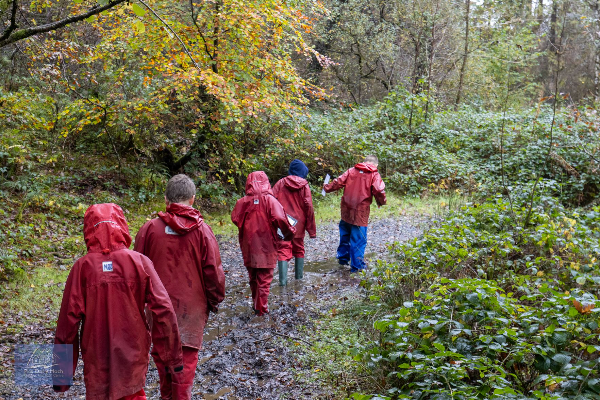
First Nature (EYFS & KS1)
Using their senses, pupils will explore the park through a series of short activities that include looking for different textures, colours, sounds and smells, bark rubbing, bug hunting and of course, feeding the ducks! Pupils will build on language skills, using adjectives to communicate what they see, hear, feel, and smell in the park and develop the confidence to explore their surroundings.
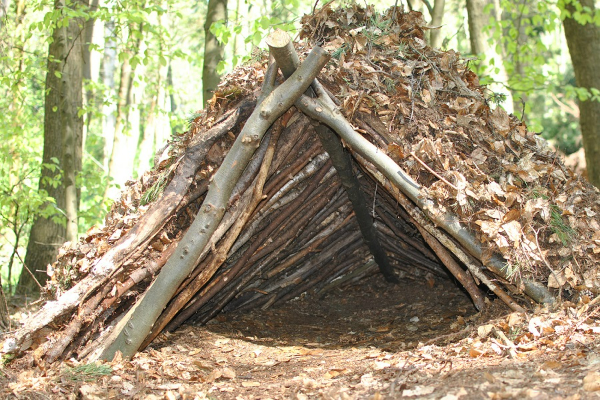
Three Little Pigs (EYFS & KS1)
Pupils will listen to the story of the Three Little Pigs in the woodland before building their own house of sticks for the pigs to live in. Working in groups, they will build on their teamwork and communication skills to create their ‘home in the woods’. Pupils will be encouraged to use their imaginations by selecting natural resources that look like or could be used as furniture (chairs, tables, beds etc), utensils (e.g. pots, pans, spoons), gardens (maybe a picket fence, outdoor seating, path or plants) and maybe even a trap for the wolf!
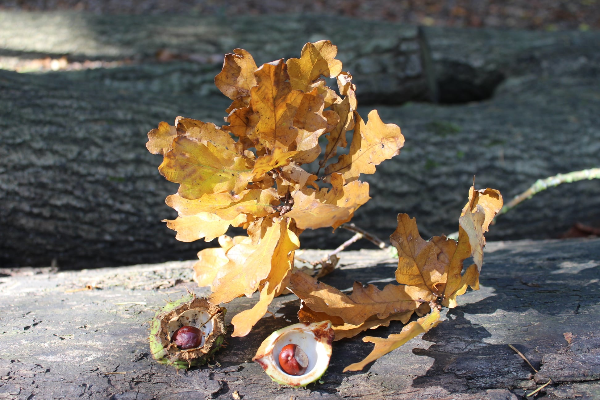
Autumn Changes (EYFS & KS1)
Pupils will discover how the park changes during the autumn by exploring the park through a series of short activities that cover what happens to trees across the year, looking for autumn colours and seeds, bug hunting, bark rubbing and of course, feeding the ducks! Pupils will build on language skills using adjectives to explain what they discover in the park and develop the confidence to explore their surroundings and communicate with others what they find.
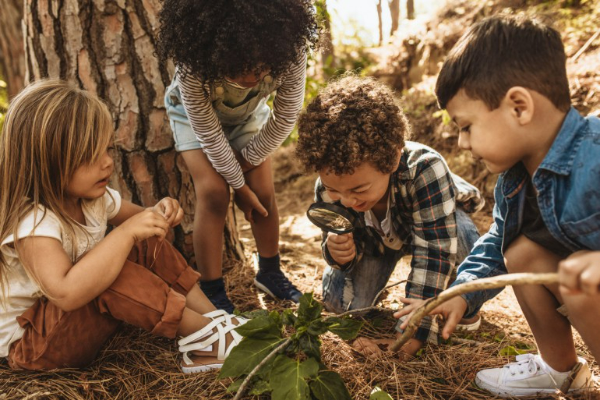
Woods & Water (KS1 & KS2)
Pupils will investigate the woodland and pond habitats and the invertebrates that inhabit both areas. They will compare the two habitats, and the invertebrates found in them, building on the key vocabulary and language required to describe them. They will also discuss why the invertebrates and other animals seek out the habitats they live in and discover which will migrate between habitats for different stages of their lives. Pupils will keep a tally of each of the minibeasts they find and build on their confidence to explore their surroundings, independently and as a group by moving logs, touching the trees, mud and pond water, using fine and gross motor skills to use the equipment and collect and treat the animals with respect and care. This programme will be differentiated to meet the needs of each Key Stage.
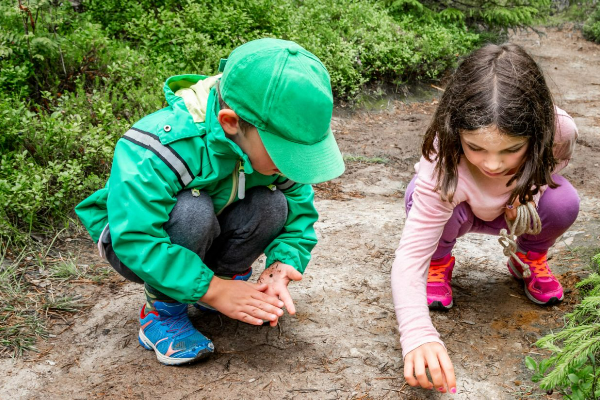
Monsters in Minature (Summer Term) (KS1 & KS2)
Pupils will compare and contrast the woodland and meadow habitats. They will investigate the invertebrates found in each habitat. Pupils will be able to build on key vocabulary and language skills associated with describing the habitats and invertebrates, as well as improving their confidence to explore their surroundings, independently and as a group by moving logs, touching the trees, mud and plants, using fine and gross motor skills to use the equipment and collect and treat the animals with respect and care.
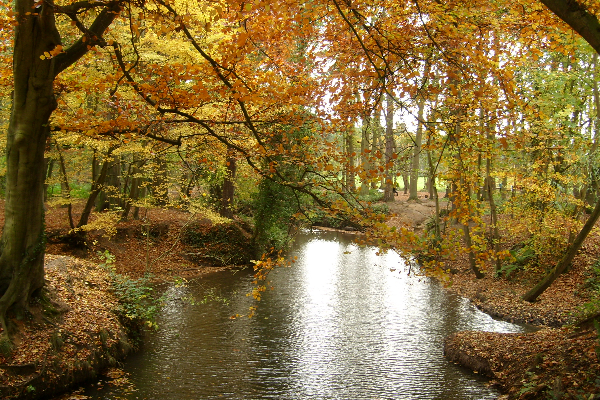
Discovering Fresh Water Life (KS1 & KS2)
Pupils will have the opportunity to explore the water life at Coombe in depth. They will observe and identify the water birds that inhabit the waterways at Coombe and of course, will get to feed the ducks! They will then do a pond dipping session to investigate the invertebrates that live in the water. Pupils will be able to build on key vocabulary and language skills associated with describing the habitat and invertebrates, as well as improving their confidence to explore new and magical learning environments. The programme is differentiated to meet the learning objectives of each Key Stage.
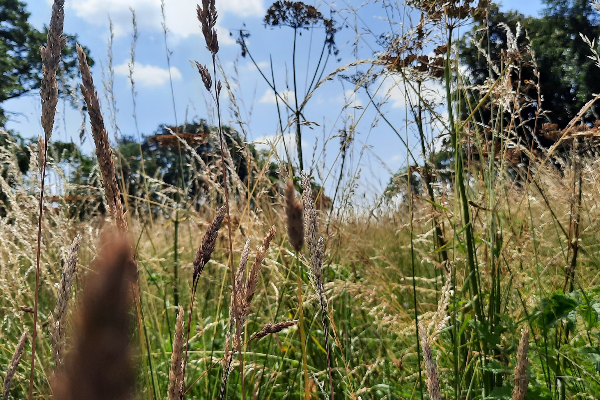
Animal Adaptations (KS1 & KS2)
During this session, pupils will learn about the adaptations of a small woodland bird before discovering how it fits into the food chain, food web and the habitat in general. This interactive session uses props and a costume to get pupils thinking about how the bird would be affected if one or more parts of the food web or habitat were lost. Teachers can then choose one of the three habitats (woodland, meadow or pond) they would like the pupils to explore where they will investigate and classify the animals they find. The session is differentiated to meet the learning objectives for each Key Stage.
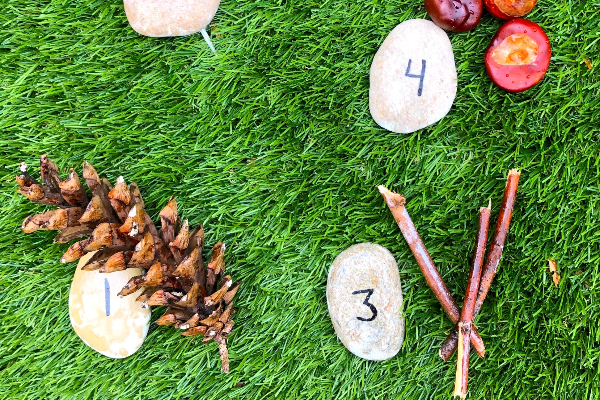
Wild about Maths (KS1 & KS2)
Differentiated for each Key Stage, pupils will take part in activities that all build on key maths skills while exploring the park. They will measure the circumference of a tree and use this to work out its age, hunt for minibeasts, keep a tally of what they find and use this data to create a giant bar chart, use compass points to create shapes, look for symmetry and patterns in nature, create 2D and 3D shapes using natural materials.
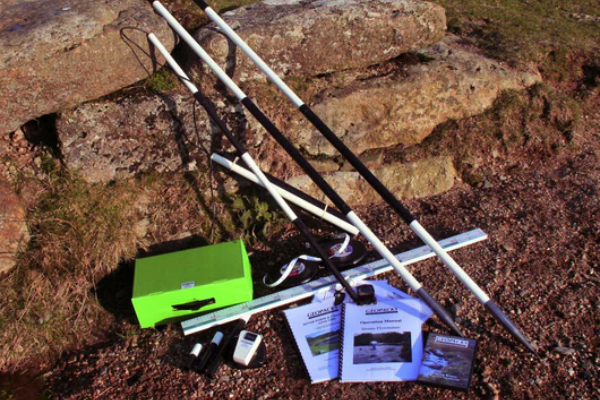
River Study (KS2, KS3 & KS4)
Pupils will follow the path of the river through the park discussing it’s natural and man-made features along the way. They will annotate a map with key vocabulary and learn how the river fits in to the wider river system. Pupils will also investigate the invertebrates that inhabit the freshwater river system during a pond dipping session and measure the width, depth, and flow of the river. This can be done as a half-day session or be extended to a full day to give your pupils more time to explore digest the information given. The programme is differentiated to meet the learning objectives for each Key Stage.
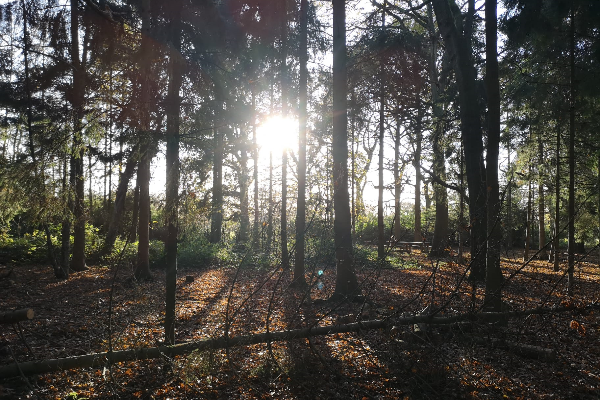
Woodland Survey (KS1 & KS2)
This programme focusses on the trees in the woodland at Coombe. Through a series of tasks, pupils will work in groups to identify trees using Identification Keys, identify their properties and classify them into deciduous and evergreen before working out the approximate age of the tree. Pupils will then investigate the invertebrates that live in the habitat and look for signs of other animals that make the woodland their home. The programme allows pupils to build on language and communication skills with pupils being encouraged to use the key vocabulary associated with the identification of trees and can be differentiated to meet the learning objectives of each Key Stage.
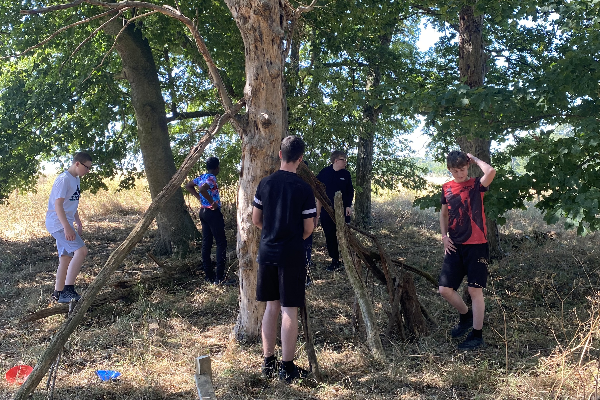
Den Building (KS1, KS2, KS3 & KS4)
In small groups, pupils will work together to create a den from natural materials they find on the woodland floor before giving the rest of the class a guided tour and explanation of their den. During the session, pupils will be able to work on their teamwork skills and self-esteem, as well as problem solving and are encouraged to use their imaginations to produce a fun, creative design.
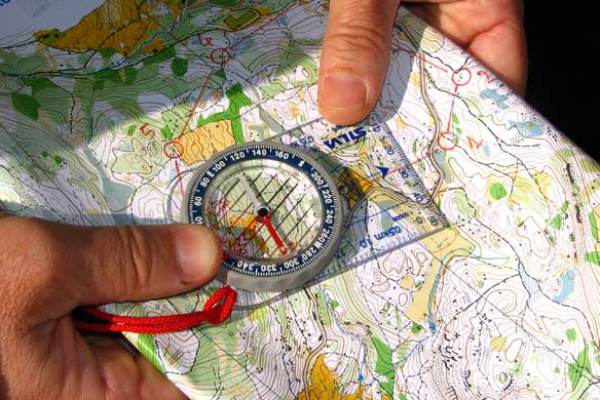
Orienteering (KS2, KS3 & KS4)
After a short introduction to map reading and orienteering, pupils will work in small groups to navigate their way around the park to find a set of orienteering posts, collect the letters on them and work out the anagram. The programme develops pupils’ teamwork and communication skills as well as map reading, building on geography, maths, PE and citizenship studies.
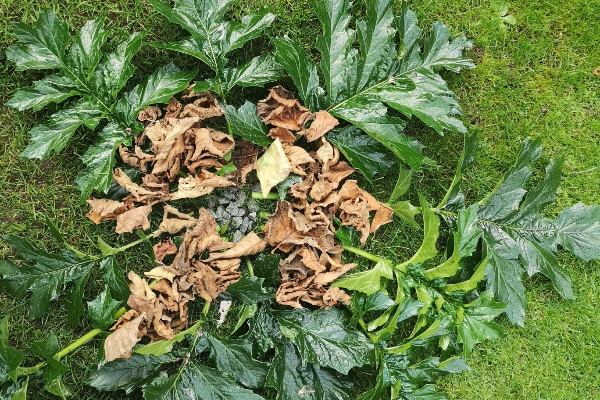
Art in the Park (EYFS, KS1, KS2, KS3 & KS4)
Pupils will have the opportunity to create various pieces of art from natural materials found in the woodland. This will normally be 2D and 3D pictures of animals and landscapes or habitats however, if you have a particular topic or theme, we can tailor the activities to this for you to enhance their learning. Through exploring the woodland and creating their artwork, pupils will build on their communication skills and will be encouraged to use their imagination.
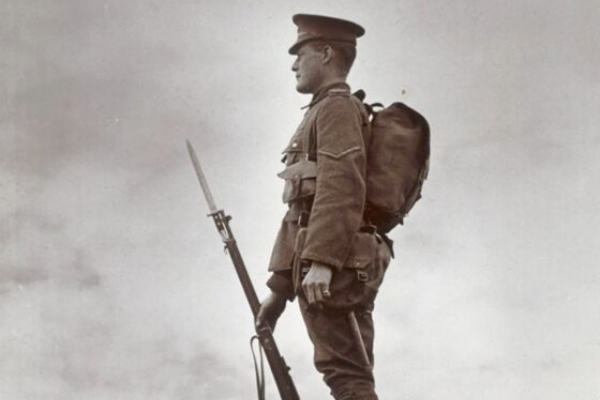
Tale of Two Boys Workshop (War Memorial) (KS2)
Pupils will learn about the story of two childhood friends from Coventry who enlisted into the army during the First World War. Through discussing a series of photos, they will discover what the reality of life was like while in the trenches before learning the fate of the two friends. Pupils will also learn about the history and importance of the War Memorial Park, including the Memorial itself, and the Trees. They will discuss why it is important that we remember those who died in conflicts and the significance of the poppy before making their own poppies to take back to school. During the session, pupils will build on their language and communication skills and empathise with the soldiers.
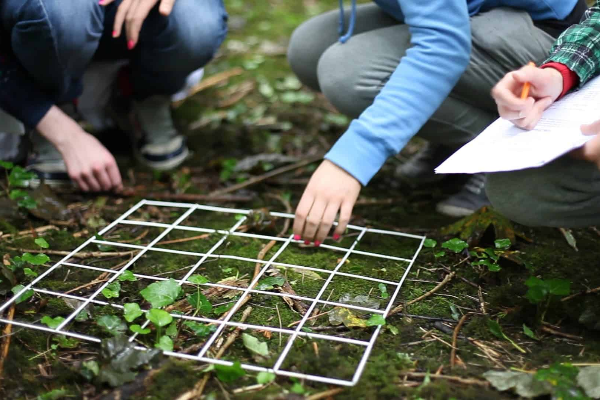
Belt Transects (KS3 & KS4)
Pupils will investigate the species distribution in the habitat. Using fieldwork and sampling methods, they will identify and record the species present along the transect, noting the changes in species coverage as they work. They will investigate and record the abiotic factors and use this information to draw conclusions on their effect on the biotic data they collect.
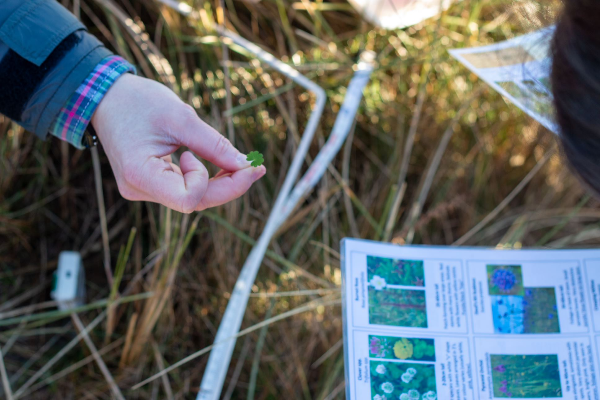
Vegetation Sampling (KS3 & KS4)
Pupils will sample and identify the vegetation in the woodland and grassland habitats using quadrats, to investigate species abundance and distribution. They will record their results also investigate abiotic factors that will affect the species found in each habitat.
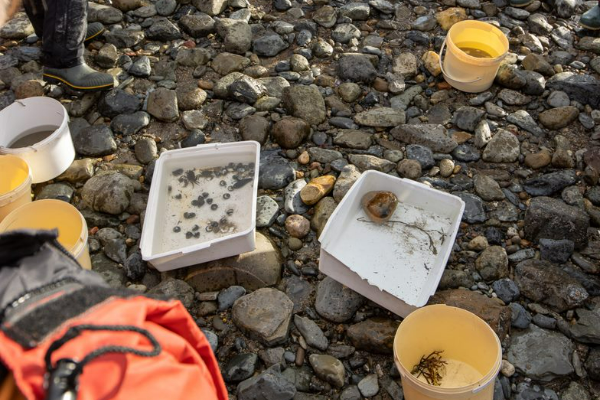
Invertebrate Sampling (KS3 & KS4)
Pupils will investigate the invertebrates found in the meadow. They will identify, classify, and record the species found as well as the flora species in each area sampled. They will also record abiotic factors such as temperature. Pupils will begin to draw conclusions from their findings about the relationships between flora and fauna species found in the meadow.
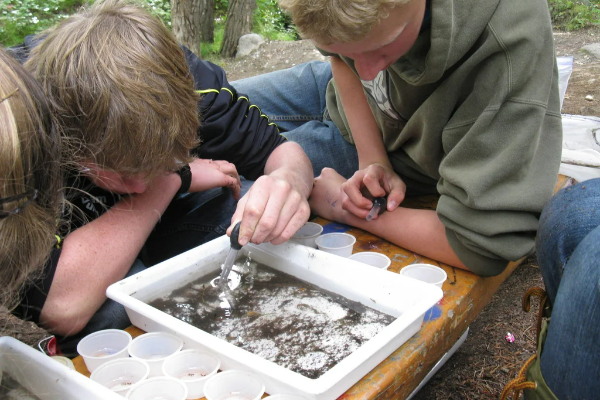
Freshwater Invertebrate Sampling (KS3 & KS4)
Pupils investigate the invertebrates in the pond and river. Using sampling methods, they will identify and record the species found and draw conclusions about the food chains present. They will investigate abiotic factors in the habitat and use this information to draw conclusions on the species found.
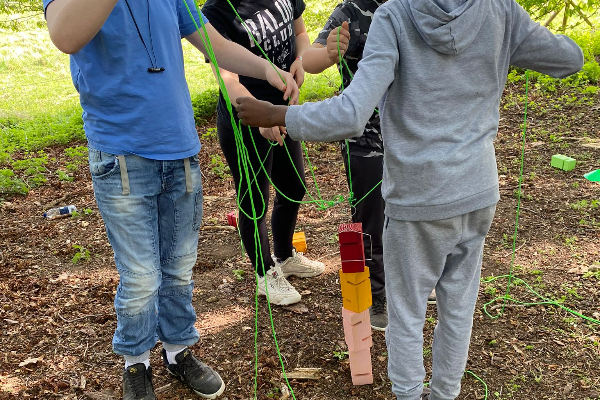
Team Building (KS2, KS3 & KS4)
Pupils will participate in a variety of team challenges that will encourage teamwork, independent thinking and problem solving. We provide an experience that pupils will find challenging yet safe, encouraging them to develop both their individual and team working skills, allowing them to test themselves and their limits whilst developing a wide range of interpersonal skills.

River Investigation (GCSE)
This is a two-hour programme where students will investigate the river in three separate locations. They will examine factors such as pH, biodiversity, litter and temperature and use the data gathered to draw conclusions about the differences across the locations and the effect it has on the invertebrates they find at each location. These locations will be upstream of a weir, downstream of a weir and a pond.

Meander Investigation (GCSE)
During this two-hour programme, students will investigate the effect of a meander on the river. They will observe, draw and annotate a field sketch of the meander. They will measure the width, depth and flow of the river before, through and after the meander, making observations of the river and surrounding area. They will then use this data to draw conclusions about the effect of the meander on the river.
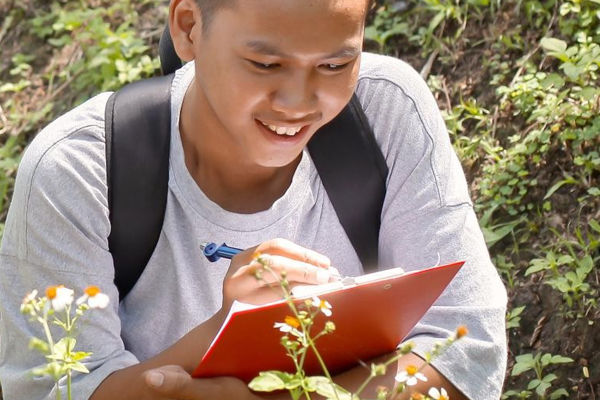
Field Sampling Techniques (A-Level)
Throughout the day, students will use different sampling techniques: The calculation of species diversity - Random sampling using quadrats on the events field and an open grassland Measurement of the distribution and abundance of plants in a habitat - Transect through the open grassland, with part of the transect bordering a woodland Investigating a correlation between a named species and a biotic and/or abiotic factor - An Invertebrate study Freshwater invertebrate species diversity across three depths of the pond: Surface, water column and soil layer Students will investigate the correlation of the abiotic factor of light and the species found but can also record the pH, temperature and general observations.
If you are interested in booking any of our programmes and activities then please submit an education enquiry form with the details of the trip you would like.
For more information e-mail outdooreducation@coventry.gov.uk
* Please note that we get a high number of bookings all year round, particularly during the summer term, so ensure you book early for busier months to avoid disappointment.



